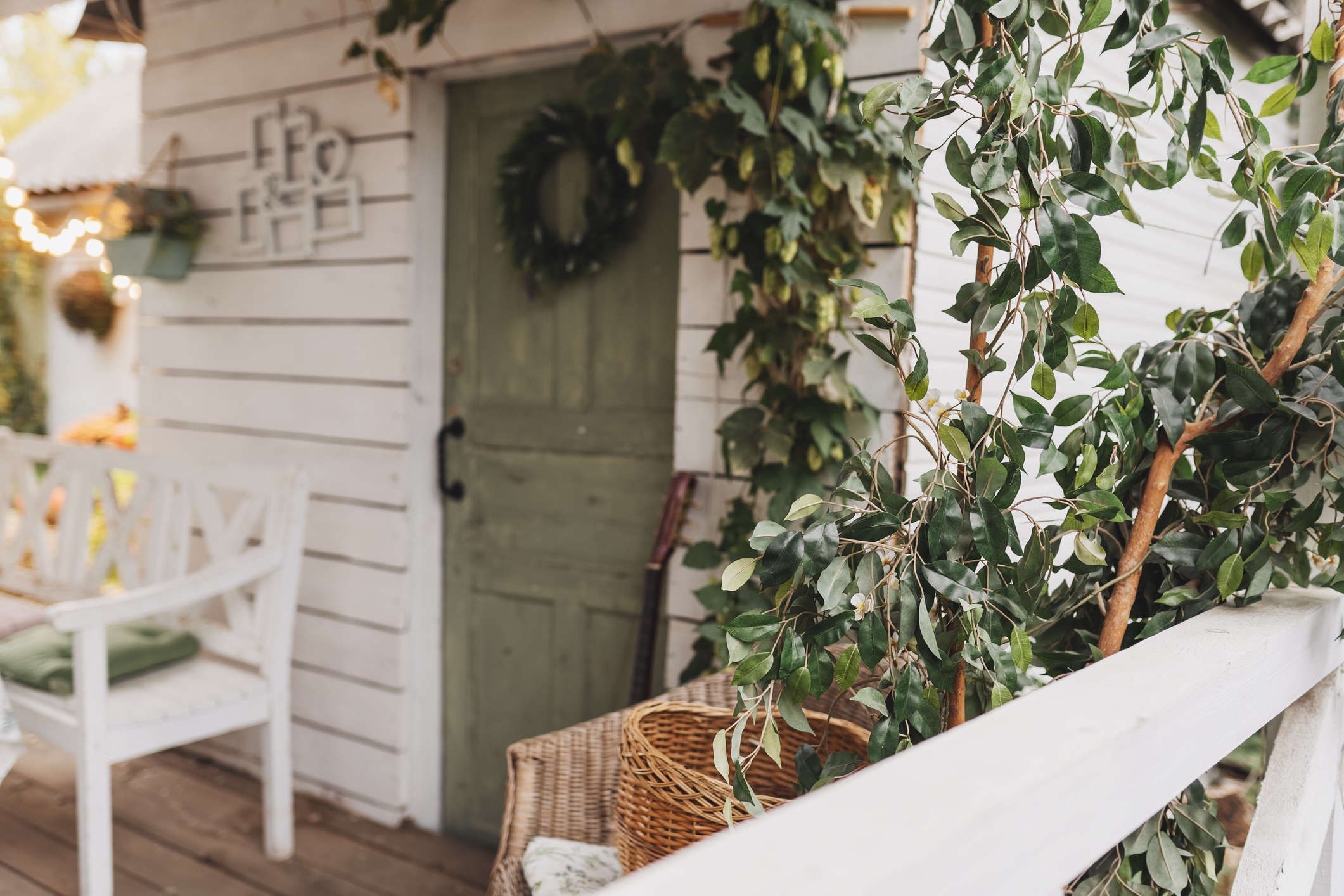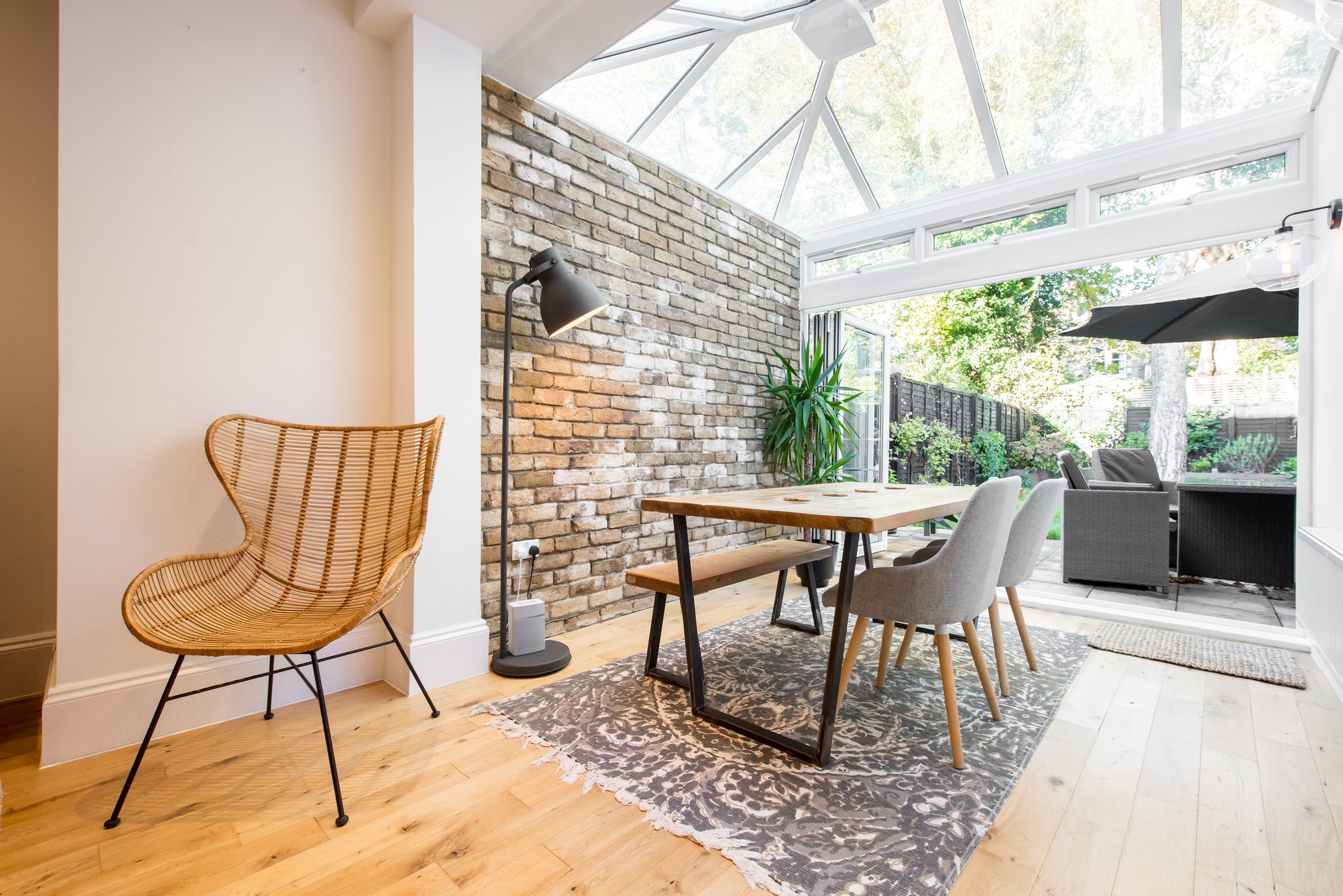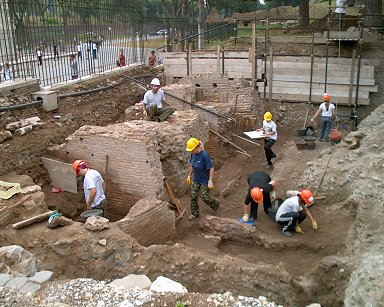As the weather starts cooling down, you’ll be tempted to turn up your thermostat. But doing so this early can end up costing you more money than you anticipate. We’ve gathered 20 ways to help you save on heat this winter, for both homeowners and renters.

Homeowners
- Prune any branches and bushes that block the sunlight into your home. Use the sun as often as possible to help heat your home.
- Repair all cracks and holes, large or small, in your roof, walls, doors and windows. Make sure you seal off anywhere that heat might escape.
- Think about upgrading the insulation in your home. If you haven’t already, insulate your attic and all outside walls.
- If you have a fireplace, turn off the heat when the fireplace is in use and keep the fireplace damper closed when not in use.
- Keep your furnace, heat pump or other heating equipment in top working condition. Poorly kept units are inefficient and use more fuel.
- If you have an older model water heater, buy insulation wrap and insulate your water heater. It can help the heater retain heat, which can reduce your energy bill!
- Talk to your utility and power companies for other suggestions for saving money on your bills. Many companies will actually send someone to your house for a home energy audit and offer suggestions to help you use less energy in addition to offering resources on their website.
- If you have to replace any appliances, think about replacing them with energy efficient ones. The Energystar logo indicates a product that uses 10 to 50 percent less energy than other models. There are also tax breaks available for most Energystar appliances, so the cost of replacing an old furnace or water heater may be less than it seems.
Homeowners and Renters
- Install an automatic timer to keep the thermostat at 68 degrees during the day and 55 degrees at night. If it seems chilly, put on a sweater.
- Wear warm layered clothing indoors during cold weather.
- Open up those draperies and shades in winter to let in the heat from the sunshine.
- Keep windows closed during cold weather, but be careful to “air out the house” on a regular basis to avoid buildup of any toxins.
- In colder areas, it makes sense to move furniture away from any exterior walls. Putting some space between you and the cold walls makes the house seem warmer, and leaving room for the air to move around actually makes it warmer.
- Heat only those rooms that you use; close vents and shut doors to reduce heating those areas.
- It’s tempting to stand under a hot shower on a cold morning for as long as possible, but cutting your shower time in half can save up to 33 percent on your hot water heating costs.
- When you’re away from home for an extended time, turn off the heat and the hot water heater. Don’t do this for short term absences, however – it can take more energy to heat up the cold water than would be saved by shutting it off for a short period.
- Try to cut down on the use of kitchen and bathroom fans in winter. These fans cool the air and waste household heat.
- Cover pots and pans when heating liquids.
- Turn off your oven about five minutes before cooking time is over. The heat in the oven will keep on cooking your food, and you’ll save on gas or electric bills.
- Don’t open the oven often to check food while it’s cooking. You lose 20 to 50 percent of the heat each time you do – and you slow down the cooking process.
Christine is the Content Marketing Coordinator for Homes.com. She's a small town girl at heart, who currently lives in Norfolk, VA with her husband and their fur baby. When she's not working, she enjoys cooking, decorating, traveling, and binge watching Netflix. As a proud Virginia Tech alum, she also loves cheering on the Hokies!

















